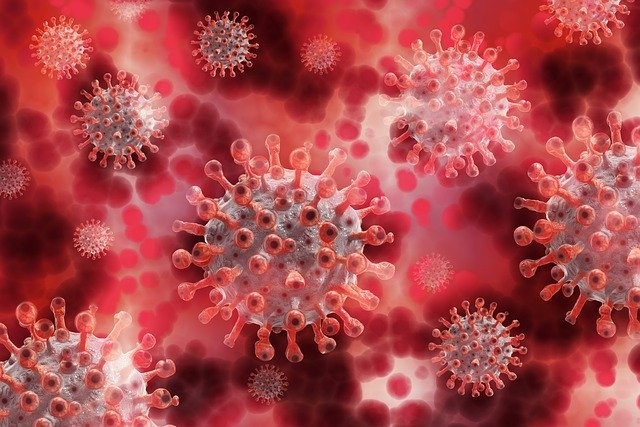COVID-19 Survivors Have T-cell Immunity 6 Months After Infection, Study Says

Immunity against COVID-19 is once against being explored after scientists found evidence of T-cell response six months after infection.
The UK study, published in medical trade journal The BMJ, involved 100 people with the virus whose symptoms had a much higher T-cell reaction.
According to Reuters, the study found that "cellular immunity" against the coronavirus is present after six months for people with mild to asymptomatic COVID-19.
The study also suggests that there may be some level of immunity against COVID-19 for at least that time.
But it is not clear of T-cell response will be enough to provide protection against re-infection, said BBC.
The researchers said their finding was "reassuring" but is "just one piece of the puzzle" on immunity.
There is still a rare chance that people will get infected twice by the disease.
"While our findings cause us to be cautiously optimistic about the strength and length of immunity generated after SARS-CoV-2 infection, this is just one piece of the puzzle," said study co-lead Paul Moss.
The Question of COVID-19 Immunity Remains
Immunity from the coronavirus has been studied earlier as scientists try to determine what can offer protection to the body and, if so, for how long.
"There is still a lot for us to learn before we have a full understanding of how immunity to COVID-19 works," said Moss.
First of all, scientists have already launched some researches on antibodies.
So far, what we know is that antibodies are made by the body 10 days after infection. They stick to the virus to stop it from spread across the body.
These also appear to dwindle over time.
Also one of the body's immune cells, T-cells attacks the cells infected with the virus.
The process is known as cellular immune response and is a key component in fighting the coronavirus.
This study suggests that T-cells might play a more important role in the COVID-19 battle.
Even experts not directly involved in the study said it offers some important information that adds to the growing body of knowledge on the virus.
T-cell Response Outlasts Antibodies
The UK Coronavirus Immunology Consortium carried out the T-cell research.
It also involves the University of Birmingham, the NIHR Manchester clinical research facility and Public Health England.
Blood samples were analyzed from the participants six months after getting infected by asymptomatic to mild COVID-19.
"Early results show that T-cell responses may outlast the initial antibody response, which could have a significant impact on Covid vaccine development and immunity research," said consultant epidemiologist Dr. Shamez Ladhani.
In short, while antibody levels dropped for some patients, their T-cell response remained robust.
Researchers believe that this robust response from T-cells, if explored further, might mean people are given protection against re-infection.
However, it could also mean asymptomatic patients simply managed to fight off the virus without needing a large immune response.
Vaccine trials might want to consider checking for T-cell response if considering the results of this research.
The study's sample was taken from 23 male and 77 female healthcare workers who were infected by the virus in March and April.
They either had mild to moderate symptoms or were asymptomatic. None of them were hospitalized for COVID-19.
The study has not yet been peer-reviewed, according to Reuters and BBC.
Subscribe to Latin Post!
Sign up for our free newsletter for the Latest coverage!

















